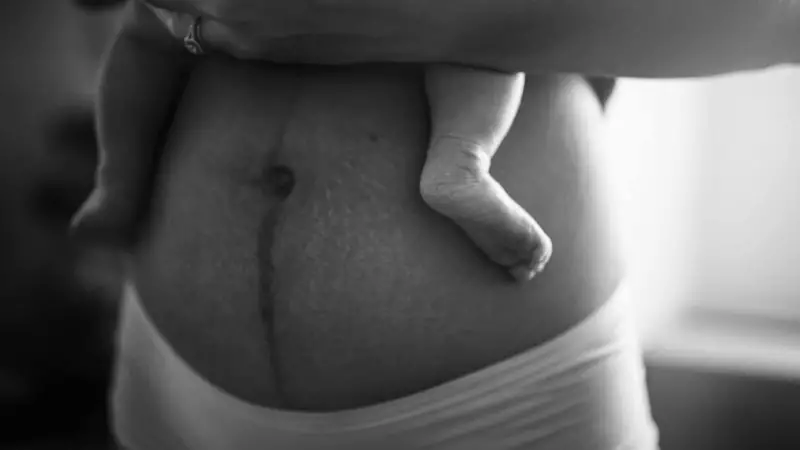
Becoming a mother is often portrayed as a time of pure joy and bliss, but for many women, the postpartum period brings unexpected emotional challenges that go far beyond typical "baby blues." Recognizing the difference between normal adjustment and clinical postpartum depression (PPD) is crucial for getting timely help.
When It's More Than Just Baby Blues
While up to 80% of new mothers experience temporary mood swings known as baby blues, postpartum depression is more severe, longer-lasting, and requires professional intervention. Here are six critical signs that indicate you might be dealing with PPD rather than ordinary postpartum adjustments.
1. Overwhelming Sadness That Won't Lift
Unlike temporary mood swings, PPD brings persistent feelings of deep sadness, emptiness, or hopelessness that last for weeks. This isn't just having a bad day—it's a constant heavy cloud that doesn't dissipate, even during moments that should bring happiness.
2. Loss of Interest in Everything You Once Loved
If activities that normally bring you joy—including bonding with your baby—feel like burdens or fail to interest you altogether, this could be a red flag. The emotional numbness and disconnection from your previous life are hallmark symptoms of postpartum depression.
3. Severe Anxiety and Panic Attacks
Many women with PPD experience intense anxiety, racing thoughts, and even full-blown panic attacks. This often manifests as constant worrying about the baby's health or safety, even when there's no real threat present.
4. Significant Changes in Appetite and Sleep Patterns
While new mothers expect sleep disruption from caring for a newborn, PPD brings more extreme changes. You might experience complete loss of appetite or compulsive eating, and an inability to sleep even when the baby is sleeping peacefully.
5. Difficulty Bonding With Your Baby
Many women with postpartum depression report feeling disconnected from their newborn or struggling to form the emotional bond they expected. This often brings intense guilt, creating a vicious cycle of negative emotions.
6. Thoughts of Harming Yourself or Your Baby
This is the most critical warning sign requiring immediate medical attention. Intrusive thoughts about harm—whether toward yourself or your baby—are medical emergencies, not character flaws, and demand urgent professional intervention.
You're Not Alone—Help Is Available
Postpartum depression affects approximately 1 in 7 new mothers, yet many suffer in silence due to stigma or misunderstanding. Recognizing these signs early can lead to effective treatment through therapy, medication, support groups, or a combination of approaches. Remember that seeking help isn't a sign of weakness—it's an act of strength for both you and your baby.






